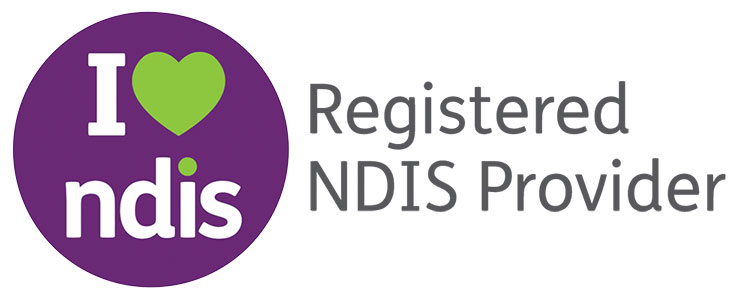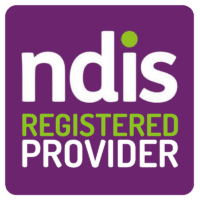Physiotherapy, also known as physical therapy, plays a crucial role in disability services by addressing the physical limitations and functional challenges that individuals with disabilities may experience. Physiotherapists work closely with individuals to assess, treat, and manage their physical conditions, aiming to improve mobility, function, and overall well-being.
Physiotherapy
Physiotherapy services we provide
What is Physiotherapy?

What is involved
Physiotherapy disability services involves comprehensive assessments, individualised treatment plans, therapeutic exercises, manual therapy techniques, assistive devices, pain management strategies, education, functional rehabilitation, and collaboration with other healthcare professionals.
By addressing physical limitations and promoting functional abilities, physiotherapists support individuals with disabilities in achieving optimal physical function and enhancing their overall.
What we help with
Physiotherapists at Next Gen Care collaborate with NDIS participants to treat a broad range of conditions in areas such as:
Common Conditions
- Pain
- Incontinence
- Stroke
- Physical pain as a result of poor Mental Health
Chronic diseases
- Diabetes
- Osteoarthritis
- Osteoporosis
- Obesity
Paediatric
- Developmental delays in children
Neurological conditions
- Parkinson’s disease or multiple sclerosis
Rehabilitation
- Helping with post surgery recovery



